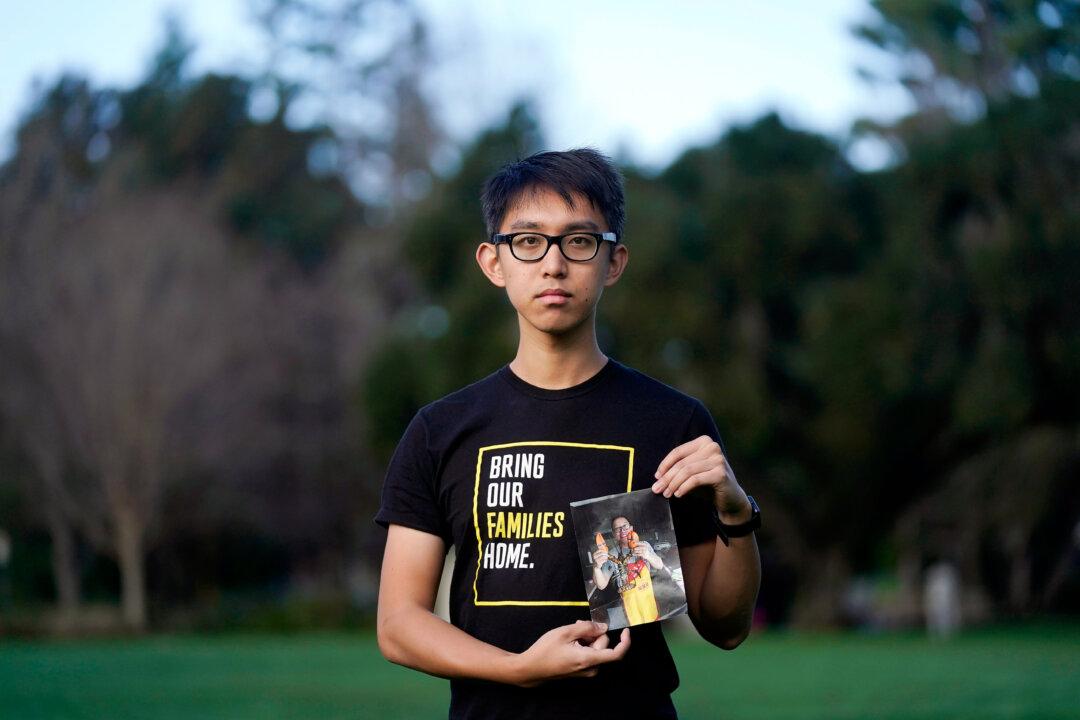Three Americans imprisoned in China for years are returning to the United States following a diplomatic agreement between Washington and Beijing.
The three are Mark Swidan, Kai Li, and John Leung, businessmen whom the United States said China had detained on wrongful charges.





